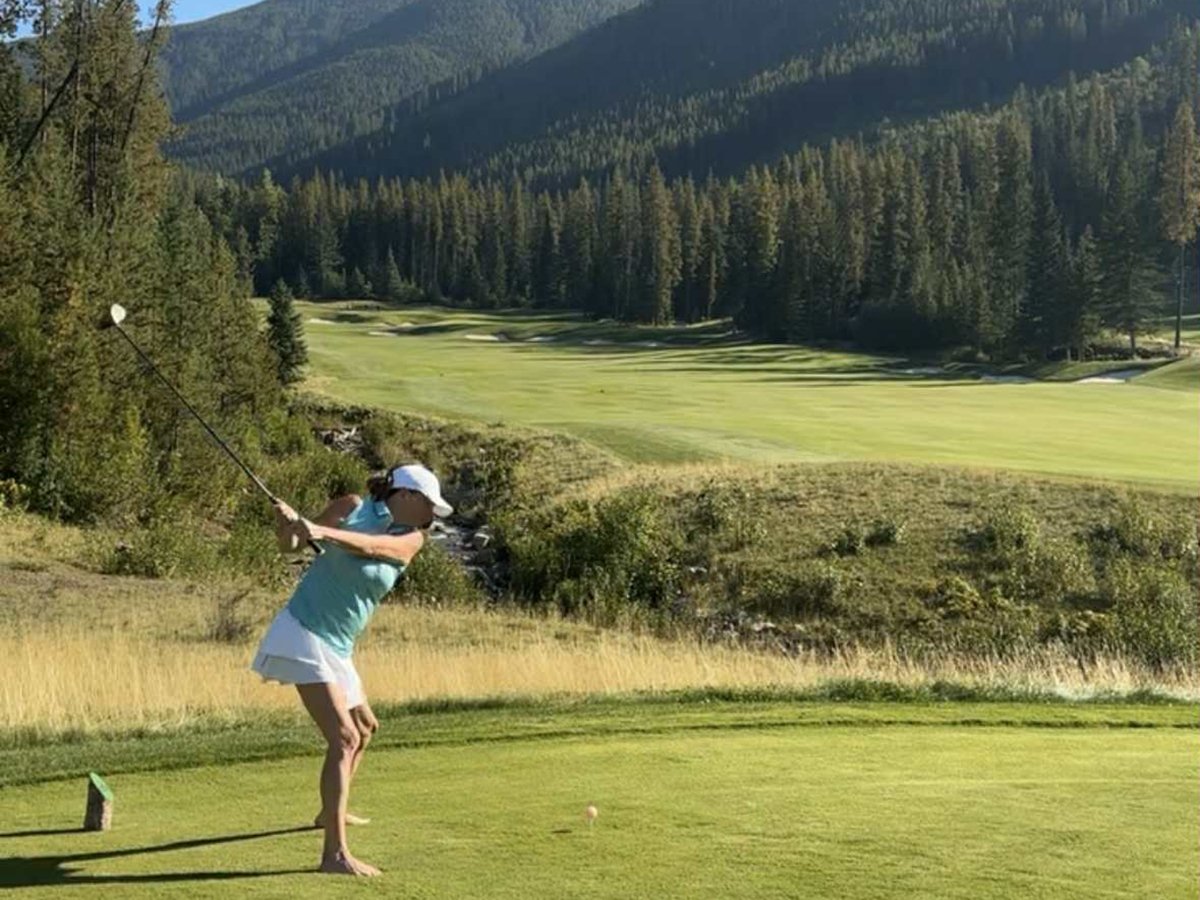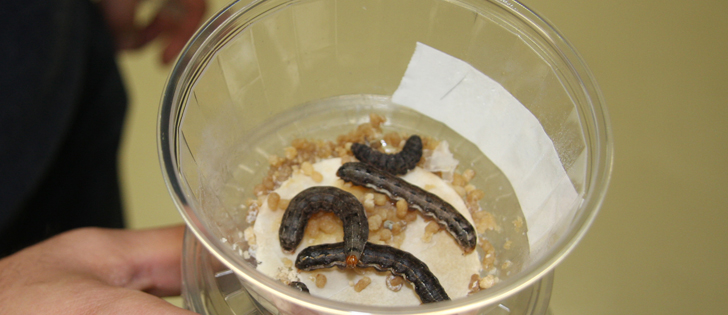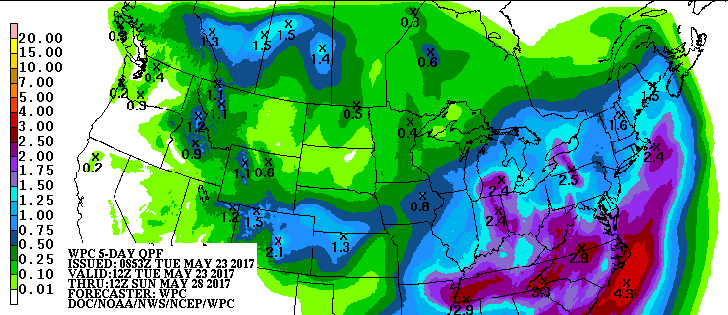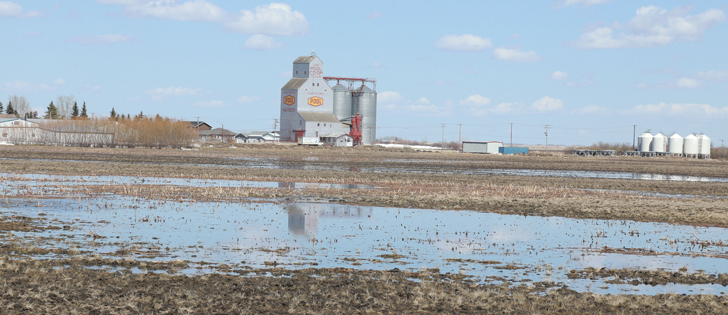Golf season is in full swing, and Forty Mile Turf Seed in southern Alberta is forever grateful.
The burgeoning Bow Island, Alta., company started in November 2022 and was featured as a part of a western Canadian farm writer’s tour late last month at Quattro Farms.
As a producer, processor and wholesaler of perennial ryegrass and tall fescue, Forty Mile Turf Seed contracts grass acres such as those found at Quattro Farms.
Read Also

Agri-business and farms front and centre for Alberta’s Open Farm Days
Open Farm Days continues to enjoy success in its 14th year running, as Alberta farms and agri-businesses were showcased to increase awareness on how food gets to the dinner plate.
It bring it into the seed-cleaning plant, processes it and then ships it around the world in 50 pound bags. Grass harvest season runs to the end of July and early August, which works well for an extra crop to rotate through.
“Ryegrass specifically is the most widely used grass in the world. We will ship everywhere, from China, Spain, Italy, Turkey and into the U.S.,” said vice-president David McGregor, who has contracts with approximately 30 farms.
“Grass acres in this area slowly made their climb up, so it was a big motivator to build a plant here. A lot of the main grass seed companies are located in Manitoba, so a lot of the seed produced here was going over to Manitoba. The thought was to produce and process it right here locally (with freight advantage).”
Still relatively new, Forty Mile Turf Seed has already established itself as a main player in the grass seed market in North America, with McGregor claiming it is among the top-three grass producers in Canada.
The two main markets are lawns and golf courses, with a lot of overseeding in the southern United States to improve density and fill in bare patches. McGregor estimates 40 per cent of the company’s contracts go to golf courses.
The U.S. and Canada combined have approximately half of the world’s golf courses, with roughly 19,400 courses between them.
“In the golf course industry, anything in the south, from Oregon down to Arizona, California, everything will get overseeded in the fall,” said McGregor.
He said golf courses generally use Bermuda grass, and come September, they’ll overseed the entire course to perennial ryegrass because the Bermuda will go dormant. Fields are usually seeded at a rate of eight to 10 lb. per acre, while golf courses in the southern U.S. can use 800 lb. per acre.
“There are about 1.3 million acres of golf course in the U.S. It’s a big market,” said McGregor.
Courses seed annually, he added.
“Those golf courses have to (seed). Their only other option is to paint. Some do, but any member club are all overseeding.”
Ryegrass, particularly perennial ryegrass, is favoured by golf courses because of its rapid growth, wear tolerance and ability to withstand low mowing heights.
It establishes quickly, creating a dense, carpet-like surface that can handle heavy foot and cart traffic, making it ideal for fairways, tees and greens. Ryegrass germinates quickly, allowing for fast repair of damaged areas such as divots and worn patches on tees and fairways.
“As far as growing it, it would be similar to a crop like durum in this area. It’s a pretty standard crop to produce. It’s certainly not high-value to produce,” said McGregor.
“As far as processing it, it is kind of one of those things, the more you process, the cheaper it gets. We are trying to produce as much as we can and get all the fields in the area to produce as much seed as we can so we have more to sell.”















